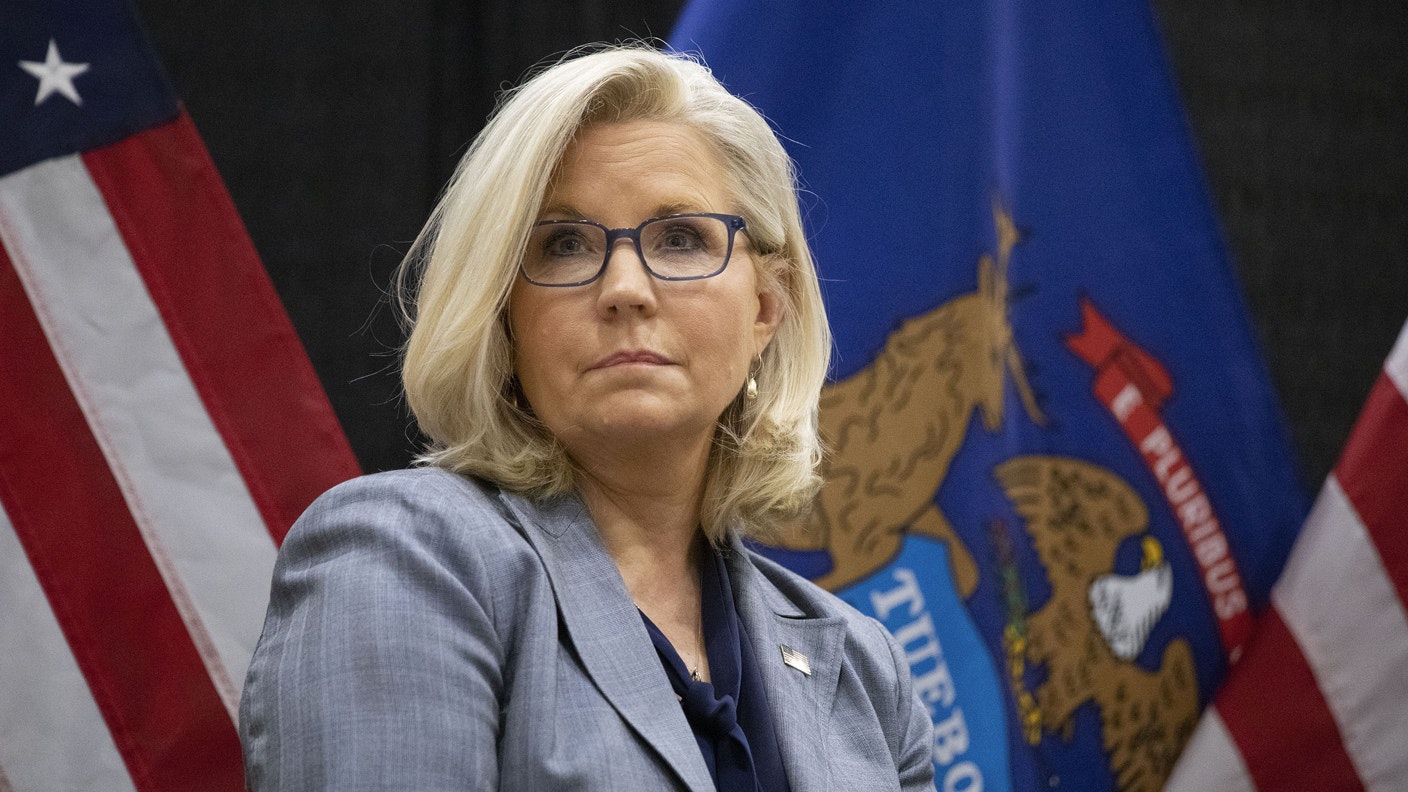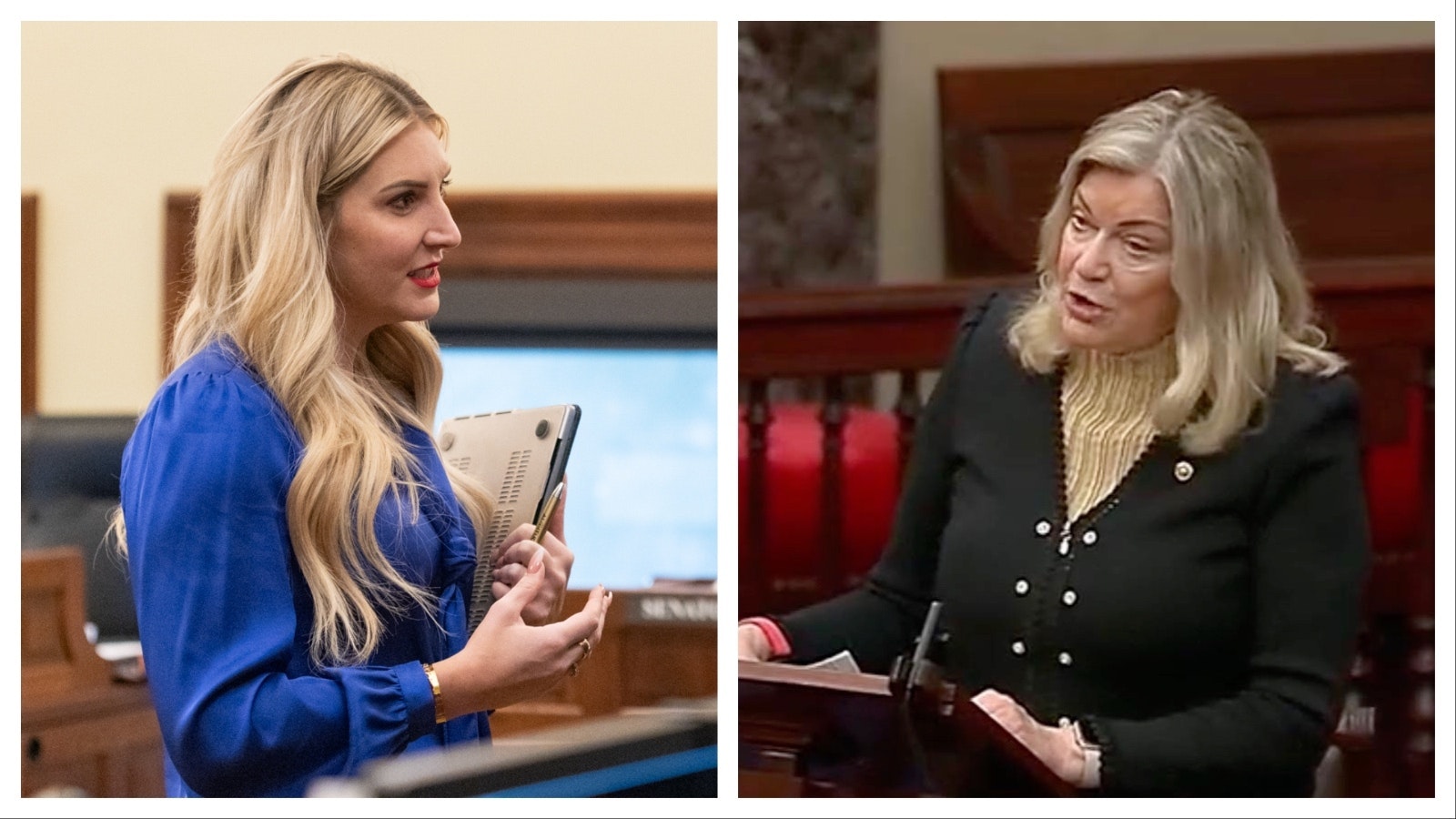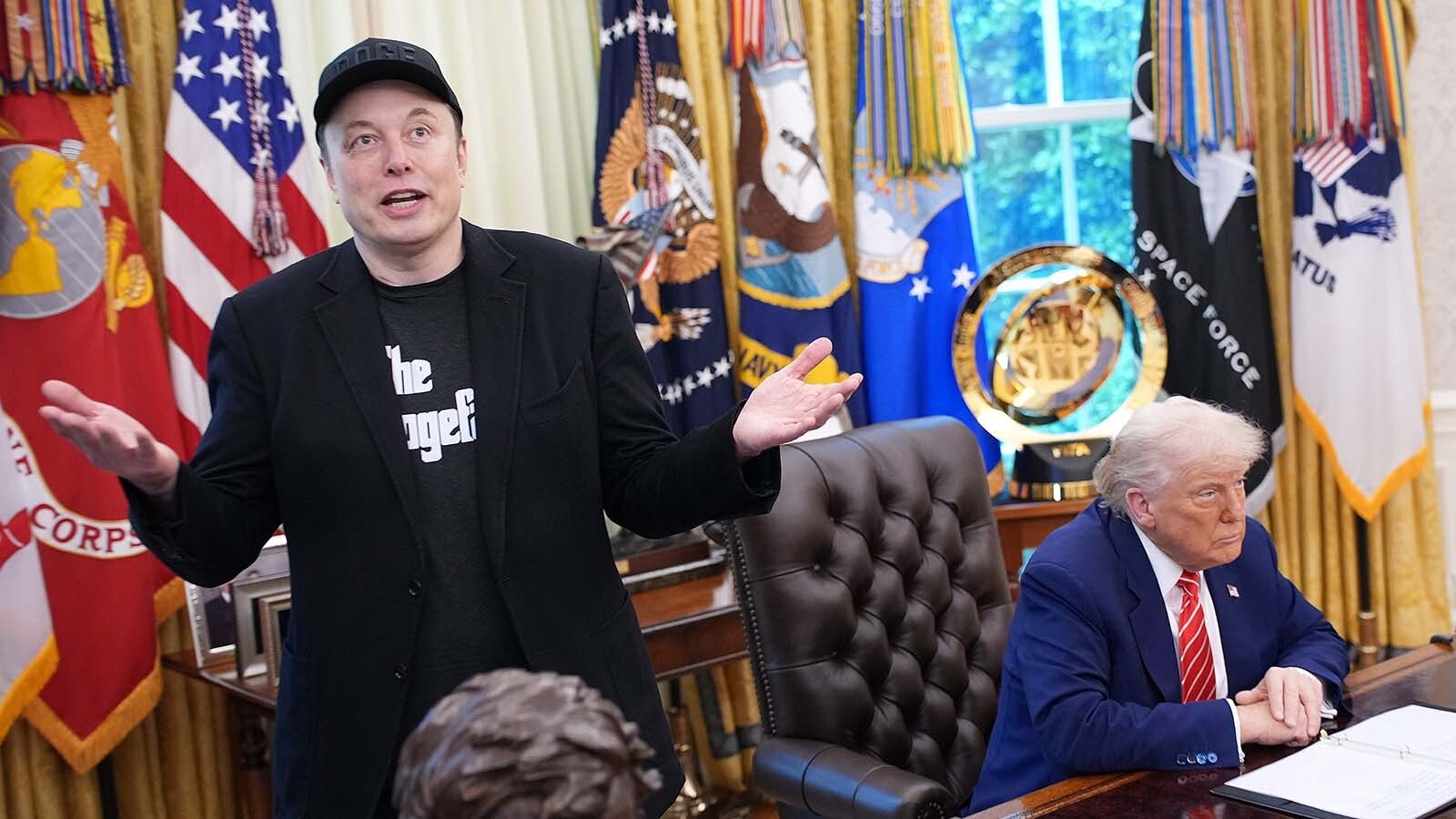By Leo Wolfson, State Politics Reporter
Leo@Cowboystatedaily.com
On Thursday, U.S. Rep. Liz Cheney cast a vote bringing Puerto Rico one step closer to U.S. statehood.
Cheney was one of only 16 House Republicans to support the Puerto Rico Status Act, which establishes a referendum for Puerto Rico residents to determine whether or not they want statehood, independence or independence followed by free association with the U.S. The island’s current commonwealth status would not be up for consideration.
The legislation also establishes legislation that would establish a federally-funded, nonpartisan voter education campaign that would run before the vote.
A similar referendum was offered to Alaska and Hawaii in the 1950s before they became the 49th and 50th U.S. states.
The bill passed fairly easily with a 233-191 vote. It is not expected to pass in the Senate. Similar legislation passed through the House in 1998 and 2010.
U.S. Sen. Cynthia Lummis, who was serving in the House for the 2010 vote, opposed the measure.
The proposal would commit Congress to accepting Puerto Rico into the U.S. as the 51st state if Puerto Ricans approve it.
State of Puerto Rico
There has never been a legally binding referendum of this manner in Puerto Rico history.
“They should and I believe Puerto Rico should be a state,” Cheney said during a University of Chicago forum in November, mentioning bipartisan support that exists for the referendum.
The last unofficial referendum on this was held in Puerto Rico in 2020, with 52% of votes supporting statehood and 47% against, but only a little more than half of registered voters participating.
Puerto Rico is considered a U.S. commonwealth. Its residents can’t vote in presidential U.S. elections but are considered U.S. citizens and can vote in Republican and Democratic primary elections. It has no voting representation in Congress but cannot govern itself like an independent country.
It is represented by a non-voting member in Congress, Republican Jeniffer Colon-Gonzalez, who can speak on the House floor.
“Puerto Rico is currently represented by one of the most effective members of Congress,” Cheney said at the forum. “She’s really wonderful and worked incredibly hard and I think has been one of the most effective advocates for Puerto Rican statehood, certainly of anybody I’ve ever talked to about it. Puerto Rico is very well represented and I believe in statehood.”
Though the commonwealth government has its own tax laws, Puerto Ricans are required to pay many kinds of U.S. federal taxes. Residents of Puerto Rico pay into Social Security and receive Social Security benefits upon retirement.
What If It Becomes A State?
Puerto Rico would likely become a location of Democratic strength if given statehood.
“We’d never get the Senate back again,” former Republican Arizona Sen. Martha McSally told NBC News in 2020.
But it also could become a swing state, with many of the island’s local political parties swimming in a more ambiguous pool than the traditional two-party system in America.
A 2019 Politico poll found that although 38% of residents see themselves as Democrats and only 14% of residents identify as Republicans, 42% say they aren’t committed to either the Democrat or Republican parties.
More federal funding would likely go to supporting the Caribbean island if it became an American state. Puerto Rico’s GDP per capita in 2020 sat at $33,400, while the U.S. average that year was $60,200. It would have been the poorest state that year.
About 45% of Puerto Ricans live below the poverty level, and a majority of Puerto Rican children are impoverished.
The federal government gave $36 billion to Puerto Rico in 2022, while giving $5.6 billion to Wyoming that year. Statehood would inject about $9 billion more in federal funds a year into Puerto Rico’s economy, according to PR51st, an organization that advocates for Puerto Rican statehood.
Pennsylvania Republican representative Lloyd Smucker also voted for the bill.
“Let’s give every tool that we possibly can — include full citizenship in the United States of America, if that is what they choose — to be prosperous, to contribute to the American economy, and I think we can look at this as a net positive. It will be a net positive if, indeed, Puerto Rico chooses to become the 51st state,” he later added to The Hill.





